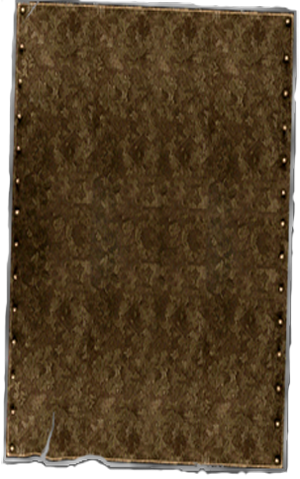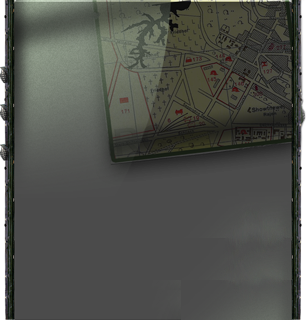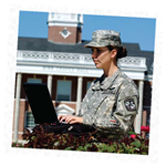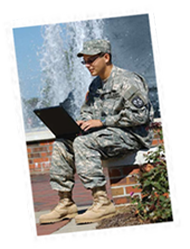







As Seneca wrote, docendo discimus: "By teaching we are learning." So also should we expect cadets to learn by helping their peers, the soldiers they assist. In "Preparing Teachers and Students for Cooperative Work: Building Communication and Helping Skills," Sydney Farivar and Noreen Webb (1998) wrote,
From a theoretical perspective, both the help-giver and the help-receiver may benefit from elaborated help much more than from non-elaborated help. Giving explanations encourages the explainer to clarify, restructure, and reorganize the material in new ways to make it understandable to others, which in turn helps the explainer to understand it better. (p. 170)
By explaining to soldiers what is necessary to make their stories more understandable to their audience, cadets more readily comprehend this process for their own writing. Kenneth Bruffee (1999) added,
Tutoring and its classroom counterpart, the organized, collaborative process of peer review, led in a single semester to dramatic improvement in the writing of some of the tutors, according to almost any measure: organization, style, perspicacity, balance, depth of understanding, tact. The tutors' willingness to read one another's writing and their ability to make constructive suggestions about it improved dramatically as well. (p. 102)
If the goal of collaborative learning is to enhance the skills of everyone involved by getting the writers more intensively engaged in the activity, then having cadets correspond with soldiers about storytelling will obviously lead to improvements by both the soldier and the cadet. Bruffee (1999) included another happy by-product:
Tutors understood, in some cases for the first time, some basic aspects of thought and conceptualization ... Their own work improved because, as a result of identifying these problems in the work of their tutees and their fellow tutors, they began to identify and resolve them in their own thought and writing. As one put it, the academic problems he confronted as a peer tutor "seemed to be a mirror image of my own." (p. 104)
Likewise, cadets come to better recognize their own issues with logical sequencing, organization, and thought conveyance as they assist soldiers with these issues in their stories. In short, the cadets improve their own writing by helping others to improve theirs.
Telling War Stories Project Pre-OPs/Unit Cohesion: Collaboration – 4